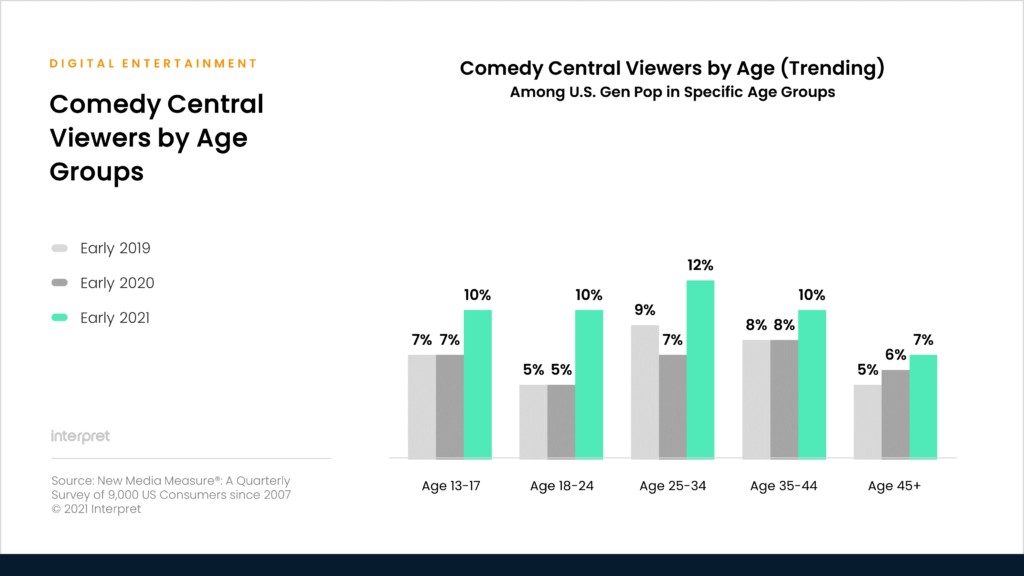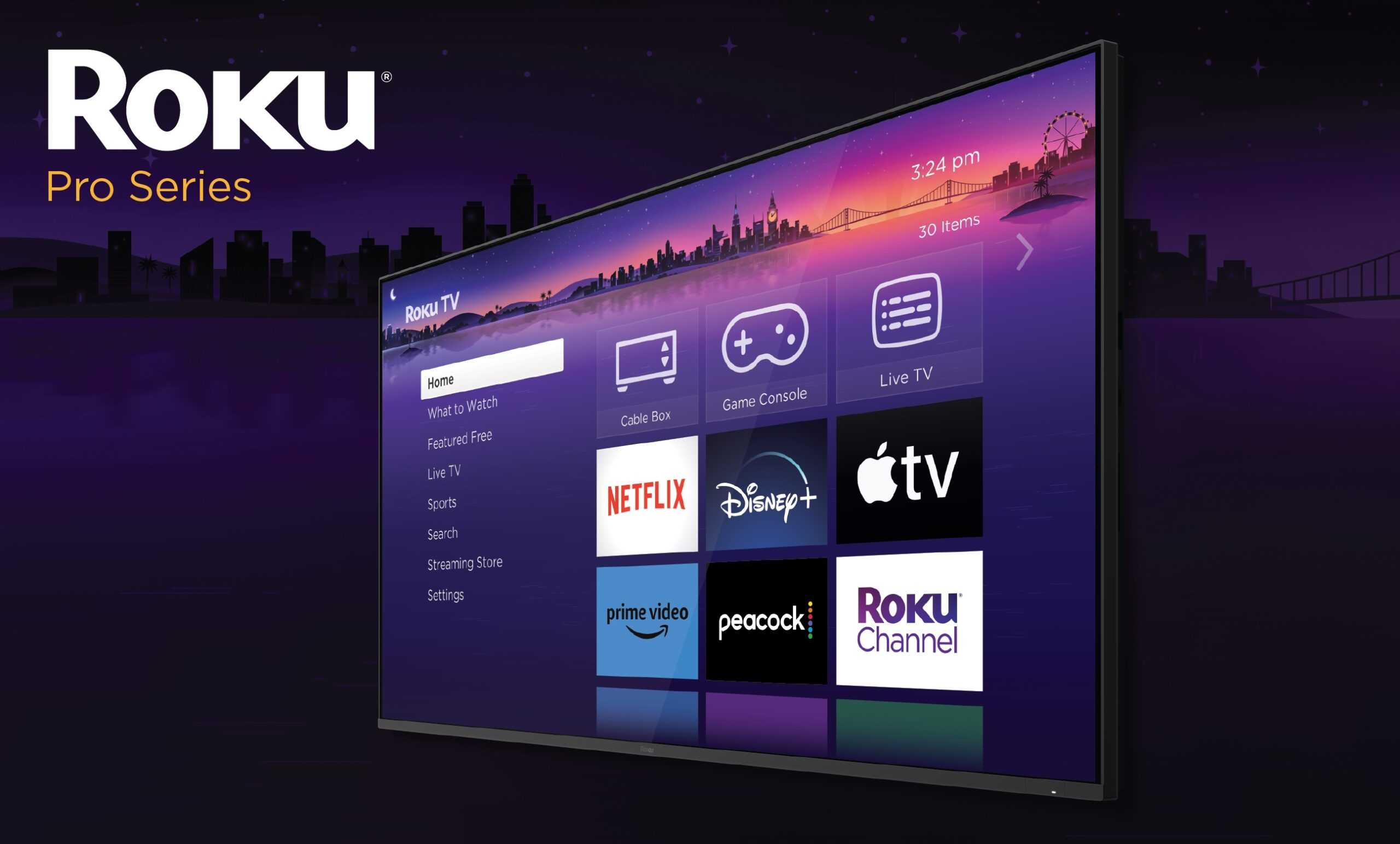Having made its debut in 1997, South Park is one of the longest running TV shows in history, and the zany and oftentimes politically incorrect comedy series remains as popular as ever. It’s transformed creators Trey Parker and Matt Stone into very rich men who just got richer: the duo signed a new $900 million, six-year deal with ViacomCBS to make more episodes for Comedy Central and to create South Park films for streaming service Paramount+.
The deal includes 14 streaming-exclusive movies, with the first expected to air later this year. Parker and Stone created a South Park movie previously in 1999, which was quite successful, generating over $83 million at the box office with a budget of just $21 million. The new ViacomCBS deal not only enables South Park to continue running for several more seasons, but as Bloomberg notes, it could be the start of Parker and Stone building out a larger “cinematic universe” a la Disney/Marvel. The Paramount+ movies are expected to introduce new characters, concepts, and more.
Paramount+ will likely benefit from the IP’s continued popularity as it battles for viewership in an incredibly fierce streaming market with the likes of Disney+, Netflix, Hulu, HBO Max, and others. As of June, ViacomCBS said it had 42 million streaming subscribers across Paramount+, BET+, and Showtime. It’s unclear exactly what portion of that streaming customer base is tied to Paramount+, but the service has added millions of new viewers since it rebranded from CBS All Access back in March.
ViacomCBS noted that South Park remains the most popular show on Comedy Central, and a pandemic special last October boasted the series’ best ratings in seven years. Diehard South Park fans may be enticed to subscribe to Paramount+ to see the upcoming films. Interpret’s VideoWatch™ reveals that Comedy Central, thanks in part to South Park, has been seeing significant viewership growth across all ages, but it’s been particularly strong among the 18-24-year-old demo, which doubled since 2020, and 25-34-year-olds, which grew over 70% year-over-year.








